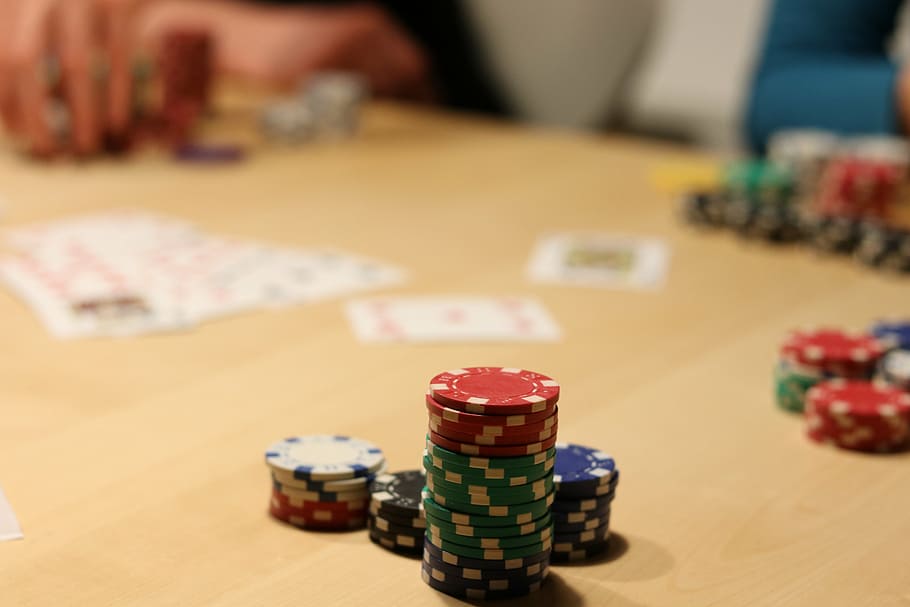Casino is a world for himself. There is no window, no hours, but there are flashing lights, and DIN from coin claking and rotating slot machines. Outside the slot, the numbers are fascinated at the crap table. The interest in poker reached new heights with the Texas Hold tournament which was broadcast on television. For most gamers, this is excitement, recreation, pleasant diversion or escape from the usual and the opportunity to defeat opportunities. For others, it is estimated that three percent of the adult population, it is addicted, endless and desperate roller coaster.
Addiction characteristics that permeat in any form is that repeated behavior has caused various negative consequences. This might put it with a little in the case of pathological gambling, because someone in compulsive gambling grasps usually suffers severe blows for finance and relationships before seeking help. His life may be in a mess.
Often the compulsive gambler refuses to believe that the next round will save the day. Of course, if the amount is correct, cash or credit won then “invest” again. Gambling addiction is not a recent development, but the appearance of electronic poker and break-neck speed slot machines today, as well as internet gambling has really accelerated the time needed to bet for fun and when it slips into a problem, then compulsive behavior ,
Pathological gambling, such as other addictions, is a biological disease and behavior. While we don’t know all the factors that lead to gambling addiction, they often include social, family and psychological elements. We know that brain neuropathways involving brain mechanisms are influenced in individual perceptions of the award experience. Emotional escape found individuals in gambling can be entrenched.
We have seen from 15-20 percent of patients suffering from cross-addictive disorders, such as alcoholism or drug dependence with gambling problems. Some estimates stated that 35 percent of those who had substance abuse or dependence also met diagnostic criteria for pathological gambling at a time in their lives. The SOGS (South Oaks Gambling Screen) is a psychosocial diagnostic tool that is accepted to identify gambling problems and its development.
Both substance and addiction gambling is a progressive disease, and can be characterized by the inability to control impulse (to use or bet) rejection, changes in the mood of anxiety and depression and the need for instant gratification. Gambling, such as chemical dependence, offers the highest euphoria, which is inevitable followed by emotional valleys and usually regret and shame. The main difference in gambling versus addiction substances is that alcoholics or drug addicts do not believe substances are answers to recovery and problems, while the compulsive gambler believes that a big victory will be the answer to all the problems.
Gambling addiction can also cause symptoms such as blackouts and sleep disorders and despair. Divorce, relationships and work problems, even arrests are some destructive consequences of compulsive gambling. One’s general health is often ignored, including the medical conditions that have been ignored. Gambling addiction is certainly a family disease, creating a dysfunctional family system that rotates around individual addiction. Children may be emotionally stranded and physically ignored. Children are also affected, with research estimating 35 to 50 percent of children from pathological gamblers eventually experiencing their own gambling problems.
It is important that when chemical addiction and gambling occur, they are treated at the same time. Like chemical dependence, gambling addiction is handled in holistic care based on twelve step philosophy. Care is individual and taking into account gender and age problems.
Gambling: Is that money?



